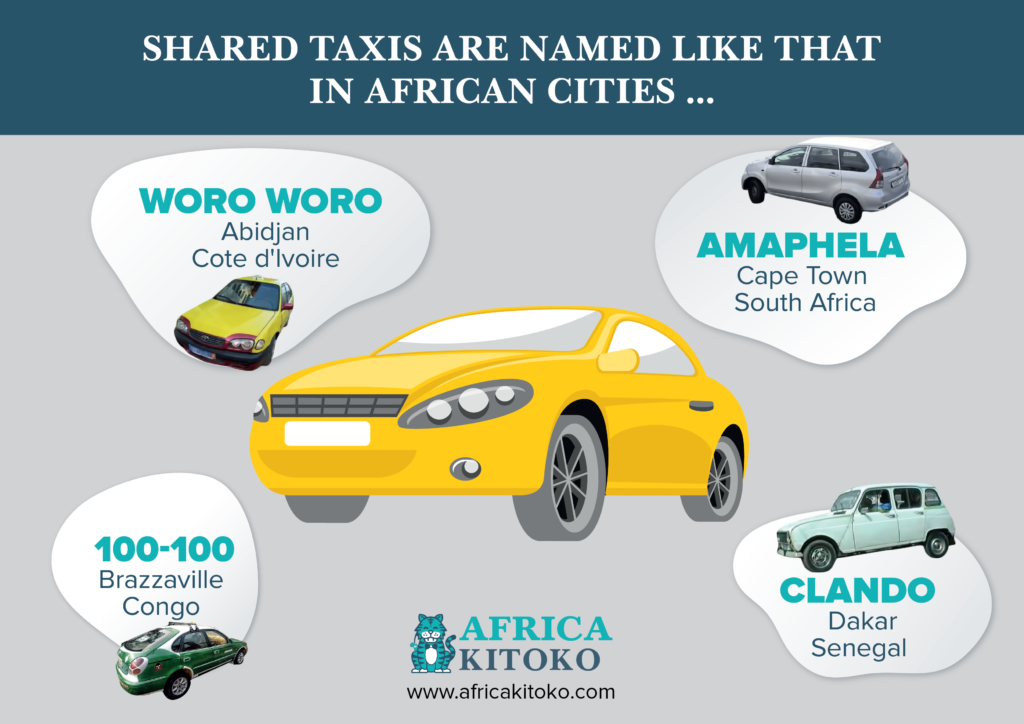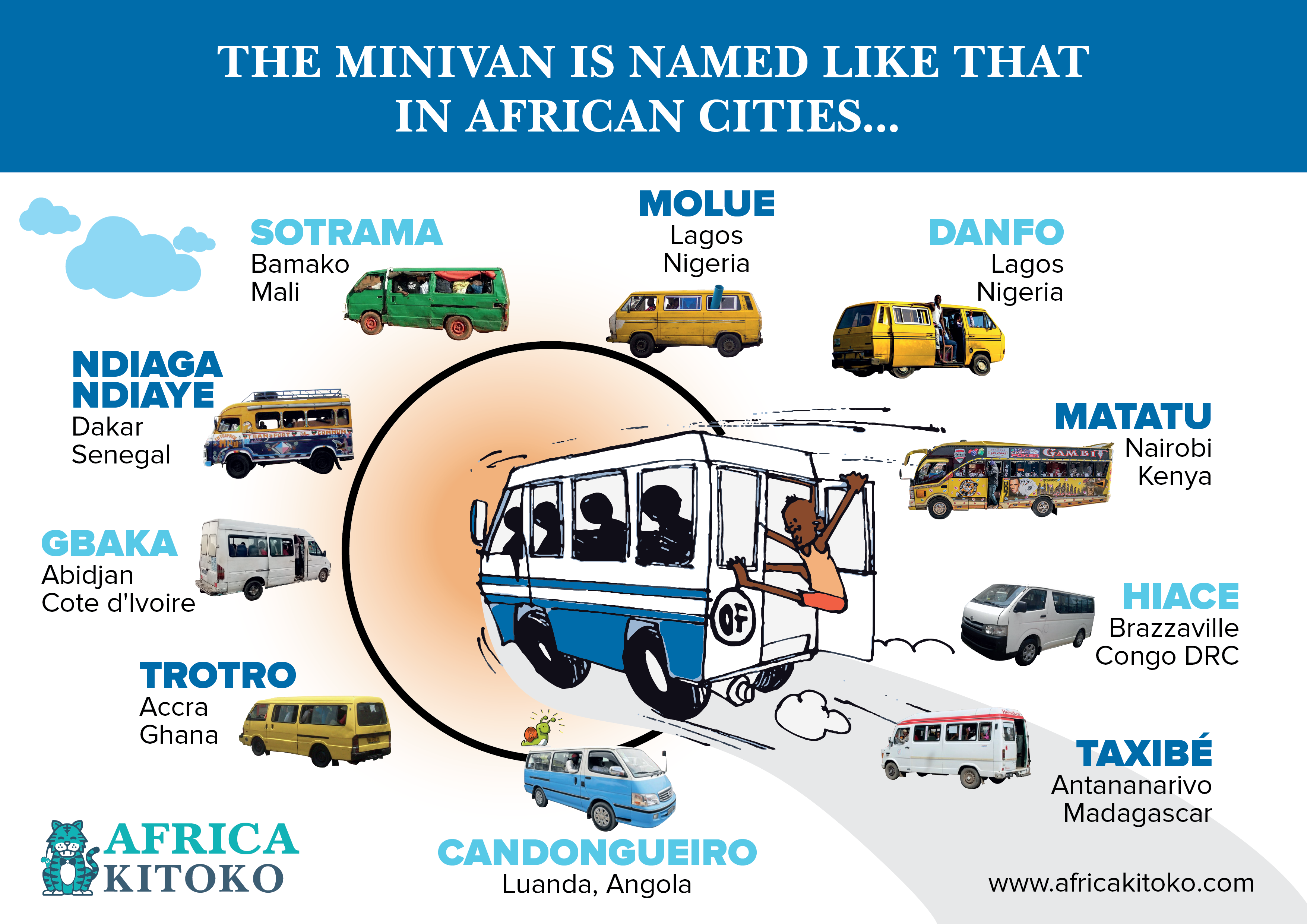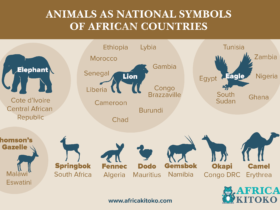
Collective taxis are popular means of transport, especially in large African cities.
Their prices are affordable, but the age of the vehicles and the lack of maintenance characterize these means of transport. This is the reason why some people call this type of vehicle « trivialized »
In each country, collective taxis have a name which is most often significant. Discover the different names of collective taxis in African cities.
Woro-woro from Abidjan
The term used to refer to Abidjan’s collective taxis alludes to a characteristic of the vehicle and the poor quality of the service. The term malinké woro means ‘six’, so repeating the term means ‘six and six’. Ordinarily perceived as a mode transporting five people (including the driver), vehicles are commonly overloaded to reach a capacity of six people.
Cape Town Amaphela
One of the most derogatory terms to describe a mode of transport, the term amaphela means cockroach in the Xhosa language. These illegal collective taxis, marginalized and restricted to the townships of the city of Cape Town, offer very poor quality services. The term refers to an idea of filth and chaos. The operators are forced to hide from the authorities and in particular from the police to characterize this mode.
Clando de Dakar
A mode of transport notably used in the outlying districts of the city. This mode, made up of several types of vehicles with a capacity of 5 to 7 passengers (including the driver) is often synonymous with disorder. It also remains the mode of transport closest to illegality in Dakar. This situation explains its name which results from a contraction of the term « clandestine » which describes a person or an object which does not respect the most basic rules; if it is an action, the term clandestine indicates an action which is done in secret.
100-100 from Brazzaville
The 100-100, would be a consequence of a pricing policy of the 1980s. During this period, the authorities decided to set the tariff for institutional bus services at 100 Francs. Collective taxis, aligning themselves with this tariff, would then have adapted this name by announcing the new tariff repeatedly. Even though the rate has since changed, the term has remained associated with the mode.









Leave a Reply
View Comments